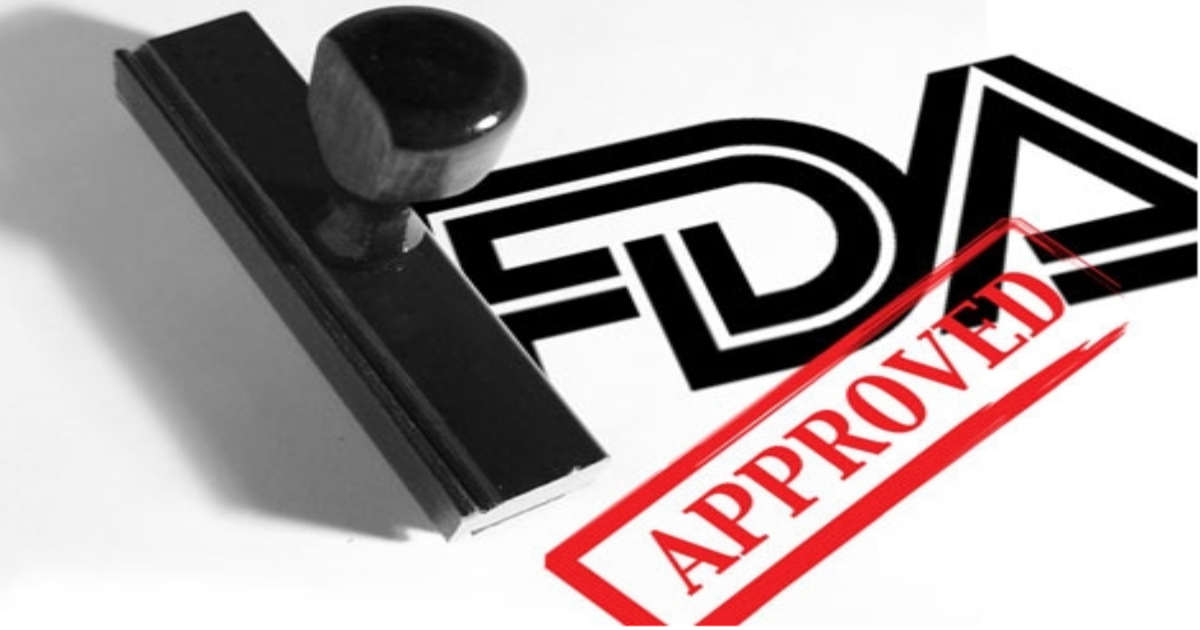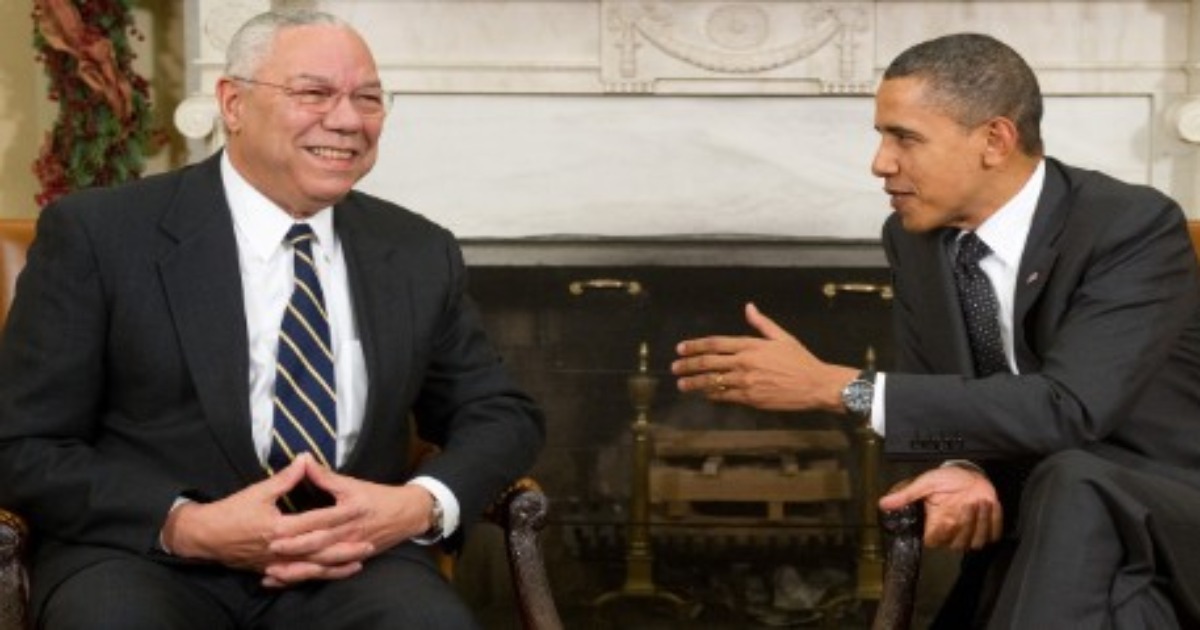In this two part series, Ring of Fire details the two prevailing viewpoints regarding the best means to bring about racial equality in America. The viewpoint addressed in this article is that racial equality can best be achieved through rage and more militant type protests, as that is what it takes for those in the status quo to truly listen and respond. In the ROF companion article also posted today, the viewpoint expressed is that racial equality can best be achieved by working within the system and seeking solidarity.
“Black Rage is the Only Voice White People can Hear”
“What happens to a dream deferred? Does it dry up Like a raisin in the sun? Or fester like a sore–And then run? Does it stink like rotten meat? Or crust and sugar over–like a syrupy sweet? Maybe it just sags like a heavy load. Or does it explode?”
The above poem was written by African-American author and activist Langston Hughes in 1951, on the eve of the Civil Rights Movement. Sixty-four years later, the “dream deferred” of racial equality appears to be on the verge of just such an explosion.
It would not be the first time. Ferguson and Baltimore are only the most recent examples of racial violence, caused by decades – even centuries – of inequality and oppression. Although racial equality is a fact under legal statute, in practice, it is far from reality.
And it seems that the louder the black community speaks out against oppression, the greater the push-back from the oppressors. Often, it is blatant, as when white police officers needlessly murder a young black man or woman in the name of “keeping the peace.” Other times, it can be more subtle. For example, when musical artist Janelle Monáe appeared on NBC’s Today Show, she sang two songs – then took the opportunity to speak out:
God bless all the lives lost to police brutality. We want white America to know that we stand tall today. We want black America to know we stand tall today. We will not be silenced!
But of course, the corporate media giant did try to silence her, by immediately cutting away to the audience as host Savannah Guthrie began to blather over Monáe’s speech – after which the network immediately went to a commercial ad. Unfortunately for NBC, this attempt to distract viewers from Monáe is having the opposite effect. Of course, we may never know NBC’s true intentions, since network executives are not returning journalists’ phone calls.
People in the entertainment industry are often the most outspoken about social issues. Lyricist E.Y. (“Yip”) Harburg, an unapologetic socialist, is best remembered for the lyrics he supplied to composer Harold Arlen for the 1939 film version of The Wizard of Oz. However, over his career, he penned numerous song lyrics addressing racism and economic injustice. Harburg was silenced as well; in 1950, he was the target of an investigation by the House Un-American Activities Committee (HUAC) and was blacklisted by the industry for years afterward.
Other celebrities have used use their positions to speak out against injustice. In 1968, African-American athletes Tommie Smith and John Carlos, after winning the gold and bronze medals at the Olympic Games that year, raised their fists in the “black power” salute in protest of their nation’s treatment of blacks. For that, they were stripped of their medals, suspended from the team and became personae non gratae in the US.
Janelle Monáe was not the first popular African-American entertainer to speak out on social issues. In 1939, Billie Holiday recorded a song entitled Strange Fruit, a scathing indictment of lynching in particular and the treatment of blacks in general. The record sold over a million copies. At the time, a reviewer for the New York Post wrote: “If the anger of the exploited ever mounts high enough in the South, it now has its Marseillaise.” A few years later, opera singer Paul Robeson spoke out in protest of the treatment of blacks in the US when touring overseas. In response, the State Department canceled his passport. Robeson was called before the HUAC, and ultimately, forced to leave the country for several years. Ten years ago, hip-hop artist Kanye West went “off-script” on national television in order to publicly condemn the Bush Administration’s failure to aid the victims of Hurricane Katrina: “George Bush doesn’t care about black people.”
Robeson and West are two examples of the dynamic underlying the current reawakening of “black rage.” Earlier, it was mentioned that racial equality is the law of the land – at least, on paper. These laws were the result of blacks and whites working together, and efforts on the part of African-Americans to enter the political system and work to bring about change from within.
In the decades following the Civil Rights Movement, real progress appeared to have been made. A handful of black politicians and judges had held office during the 90 years or so following the Civil War, but starting in the late 1960s, African-Americans began winning municipal, state and federal offices across the country – even in the Deep South. In 1990, Virginians elected Douglas Wilder, the first African-American to serve as a state governor in modern history. It all culminated in the election of Barack Obama in 2008, who promised to bring “hope and change” to America.
Yet, there has been little change – and hope is quickly fading. African-Americans see the ongoing police brutality, disenfranchisement, the makeup of the prison population, the lack of opportunity in their inner city neighborhoods, resources being diverted away from their communities, the increasing racist rhetoric and intimidation – and are asking, “Where are our leaders?” Even popular music, such as “rap” and “hip-hop,” born out of anger and demands for change, has been transformed from anthems of rebellion into little more than empty celebrations of consumer materialism and sex.
Why? By the 1990s, society had become complacent. “Multiculturalism” was being celebrated; racism no longer existed. Even George W. Bush was just smart enough to appoint Colin Powell and Condoleezza Rice to his Cabinet, yet another indication that America was entering its “post-racial” period. And yet, events in Louisiana, with the inadequate response to Hurricane Katrina and the case of the “Jena Six” as well as the march of neo-Nazis through a black neighborhood in Toledo, Ohio and the Oakland riots in the wake of the shooting of Oscar Grant exposed the lingering racial tensions underneath the veneer of “multiculturalism.” That veneer is quickly peeling away.
President Barack Obama is cast in the mold of W.E.B. DuBois more than he is Marcus Garvey. Obama’s approach to race has been conciliatory and cautionary:
Anger is exploited by politicians, to gin up votes along racial lines, or to make up for a politician’s own failing…anger is not always productive; indeed, all too often, it distracts attention from solving real problems; it keeps us from squarely facing our own complicity within the African-American community in our own condition; it prevents the African-American community from forging the alliances it needs to bring about real change.
Had real change come – had George Zimmerman been held accountable for the murder of Treyvon Martin, had Michael Brown and Freddie Gray not been needlessly gunned down, had Dylann Roof been stopped before he murdered nine people in a church – the African-American community might have been more receptive to President Obama’s views on the issue. The problem is, it hasn’t worked. And African-Americans are feeling betrayed. It appears that nobody – not even their own leadership – is listening.
Now that “black rage” is making a comeback from its hibernation, we should consider what happens when injustice goes unaddressed and messages are either ignored or deliberately silenced. Think of the individual. It is human nature to be frustrated when one needs to say something important and is ignored by others – or even told to “shut up.” Now…multiply that frustration by hundreds of years and thousands of lives.
The bottom line is that a growing segment of black culture feels like prior attempts to work within the system have failed, and that all of the high profile black figures in government and corporate America are merely enjoying their own power and wealth, and do not wish to upset the status quo they are enjoying. The young black people screaming within the Black Lives Matter movement believe it is the only way for them to be heard, and for those in power to know that the status quo is not acceptable, and change must occur or the establishment better be prepared for the consequences. This is the reaction of youth, whether black or white. They believe screaming and militant type action is the best approach.
To read the Ring of Fire companion piece expressing the counter viewpoint, click Promoting Racial Equality: Viewpoint 1: “You Don’t Fight Racism with Racism”


